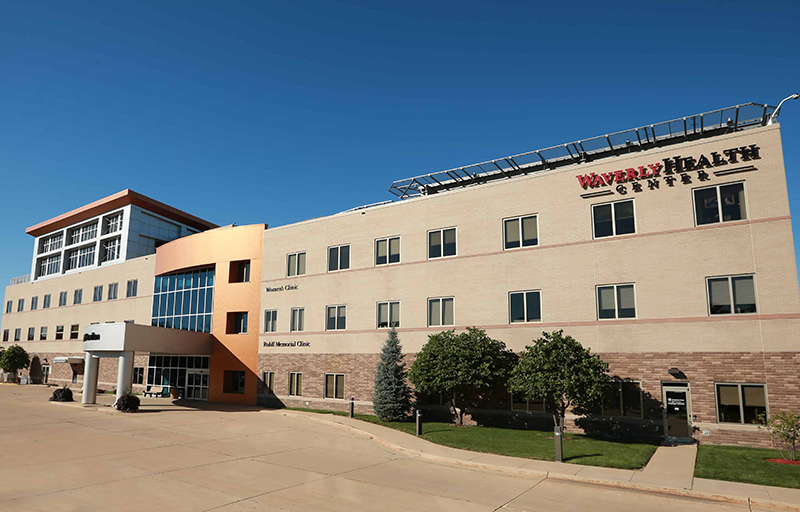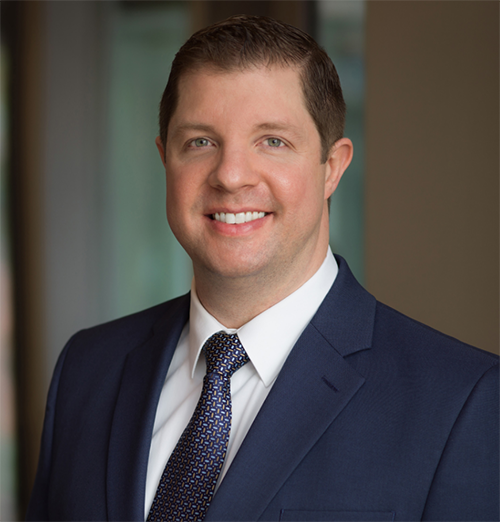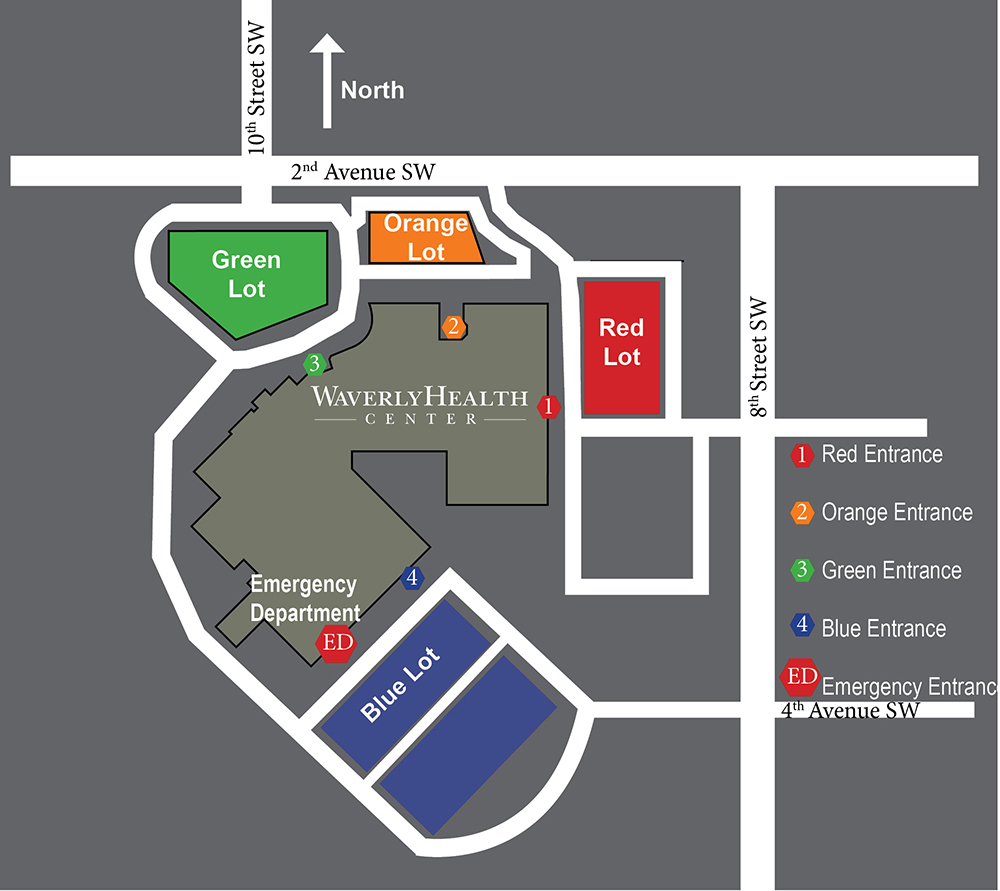Healthy You Weight Loss Solution

The Healthy You Weight Loss Solutions program at Waverly Health Center offers a comprehensive, evidence-based approach to weight loss. Our expert team provides individualized plans tailored to your unique health needs and goals. With a combination of medical, surgical and lifestyle support, we help you create a plan that right for you.
Whether you’re considering bariatric surgery, exploring medication options or building healthier habits through nutrition and exercise, our team is here to guide and support you every step of the way.
Contact Us
Phone: (319) 352-8033
Fax: (866) 939-1549
Manager: Kristin Hicok, BSN, RN
Clinic Hours
Monday – Friday: 8 a.m. to 4:30 p.m.
Please park in the green parking lot and enter through the green entrance.
Contact Us
Customized Care That Fits You
-
Bariatric Surgery
For those who qualify, surgical options like gastric bypass or sleeve gastrectomy can be life-changing tools for long-term weight loss and improved health -
Medical Management
Prescription medications and provider-led plans to support gradual, sustainable weight loss. -
Lifestyle & Nutrition Support
One-on-one guidance from experts to help you build healthy habits that last
Is This Program Right for You?
If you’ve struggled to lose weight through diet and exercise alone or if weight is affecting your health and daily life, you may be a candidate for our program.
You might benefit from Healthy You if you:
- Have a BMI over 30
- Live with diabetes, high blood pressure or joint pain
- Want long-term solutions with medical or surgical support
- Are ready to make lasting lifestyle changes
Frequently Asked Questions
Will insurance cover my surgery?
Most types of insurance cover weight loss surgery, but some plans have exclusions. Contact your insurance company for details.
Does insurance cover my supervised diet visits?
Most types of insurance cover supervised diets visits under the direction of a doctor, but some plans have exclusions. Contact your insurance company for details.
How soon will I start losing weight?
You will start losing weight right after surgery. But, don’t be surprised if you weigh a few pounds more when you go home than you did when you entered the hospital. This can be a result of all the fluids you were given in the hospital, and the weight will be lost quickly.
How long does the surgery take?
Sleeve or bypass surgery usually takes two to four hours, though this can vary.
How long will I be in the hospital?
If you have sleeve or gastric bypass surgery, expect to be in the hospital for one to five nights.
How long does it take to heal from surgery?
If you have sleeve or gastric bypass surgery, you should be able to return to work two to four weeks after surgery, depending on the physical demands of your job. There is a six week lifting restriction after surgery.
Can I get pregnant and have children after the surgery?
Yes, if you don’t have other fertility problems. Women should wait at least 18 months after the surgery or until their weight is stable to get pregnant.
How will I be able to control what I eat after surgery?
After surgery, eating high-fat, high-sugar foods or eating too much may cause reactions such as vomiting or loose stools. These reactions make it much easier to avoid junk food. Many people say their tastes change after surgery, and they no longer want unhealthy foods. You may notice that foods you used to love won’t appeal to you anymore. Also, you may develop tastes for new and different foods. After surgery, you no longer will be able to depend on food for comfort. For some people, it can be hard to fill the void that used to be filled by food.
How will weight loss surgery affect my family?
Better health can improve your quality of life. It can help you become a better partner, sister, brother, mother or father. In addition to having a longer life, you can be more involved in the lives that mean the most to you. Being healthy and active lets you take part in more family activities and keep up with loved ones.
When I lose weight, what will happen to the extra skin?
This is different for everyone. For some people, the skin will tone up and look fine. In other cases, the skin has stretched too much to return to normal. You may be left with sagging skin around your middle or other parts of your body. Some people choose to live with the excess skin, others have it removed. The procedures most often are considered cosmetic and may not be covered by insurance. If too much skin is causing medical problems (such as rashes or sores), your insurance plan may cover the surgery.




